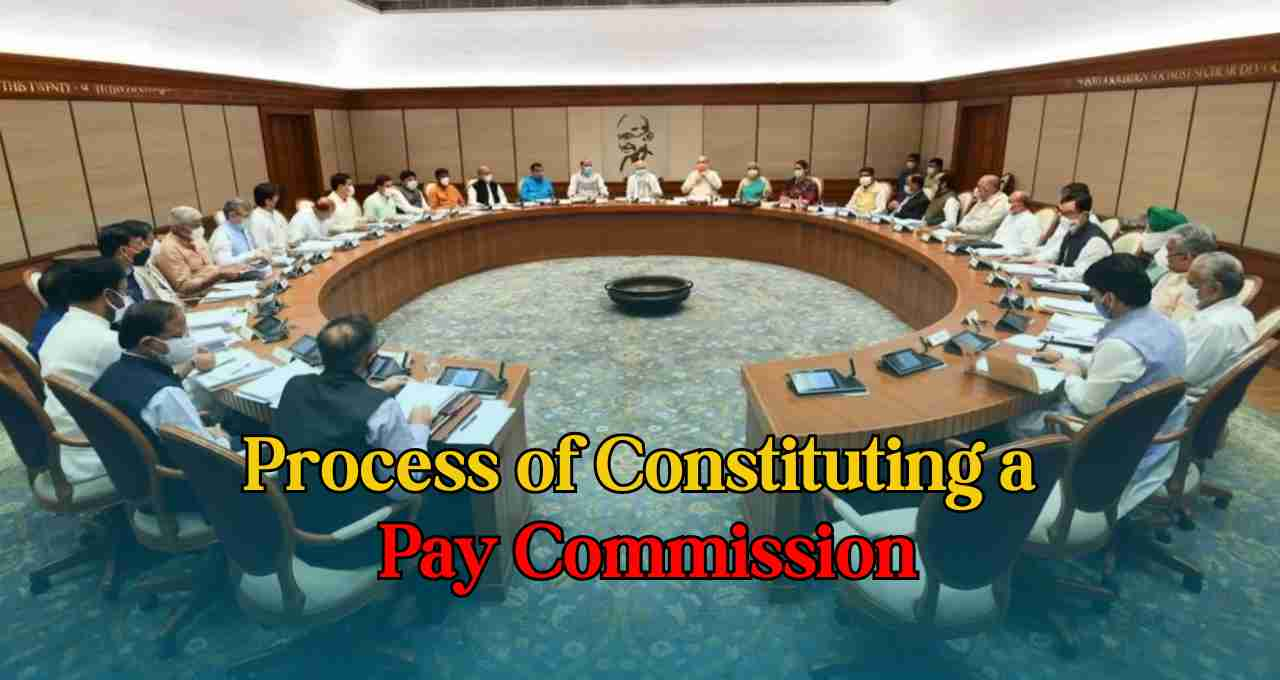Anticipation is high among central government employees and pensioners regarding the Eighth Pay Commission. Reports suggest a possible fitment factor of 2.08, indicating a substantial salary increase. This isn't limited to salaries; changes are also expected in allowances like HRA, travel allowance, and education allowance. This article simplifies the potential impact of the fitment factor, the salary structure, and the decision-making process.
What is the Fitment Factor?
The fitment factor is a multiplier used to determine the basic salary and allowances of employees. Each Pay Commission revises the existing salary structure using this factor.
- Sixth Pay Commission: Fitment factor 1.86
- Seventh Pay Commission: Fitment factor 2.57
- Projected Eighth Pay Commission: Estimated 2.08
While this figure hasn't been officially confirmed by the government, sources suggest a proposed fitment factor of 2.08.
Potential Salary Increase
If the Eighth Pay Commission implements a fitment factor of 2.08, the salary increases for different grade employees could be as follows:
Level Grade Pay Potential Salary
Level 2 ₹1900 Up to ₹52,555
Level 4 ₹2400 Up to ₹75,762
Level 5 ₹2800 Up to ₹96,301
Level 6 ₹4200 Up to ₹94,883
Level 8 ₹4800 Up to ₹1,13,190
Level 9 ₹5400 Up to ₹1,46,583
These figures are currently estimates; the final increase will be determined after the Pay Commission's report and the government's decision.
HRA, Allowances, and Other Impacts
The fitment factor impacts not only the basic salary but also other allowances.
- HRA (House Rent Allowance): The calculation of HRA will change with the increase in basic salary.
- Education Allowance: An increase in the allowance for children's education is possible.
- Travel Allowance: Travel allowance rates may also be revised.
The structure of these allowances is determined according to the Central Civil Services Rules, and final approval from the Ministry of Finance is required.
Pay Commission Formation Process

The Pay Commission is constituted by the Government of India and includes experts from various fields.
- Members: Retired judges, senior economists, administrative officers, etc.
- Process: A report is prepared after consultations with trade unions, employee organizations, and pensioners.
- Decision: The commission submits its recommendations to the central government, and the final decision is taken by the government.
Seven Pay Commissions have been implemented in India so far, with an average interval of 10 years between each implementation. The Seventh Pay Commission was implemented from January 2016.















